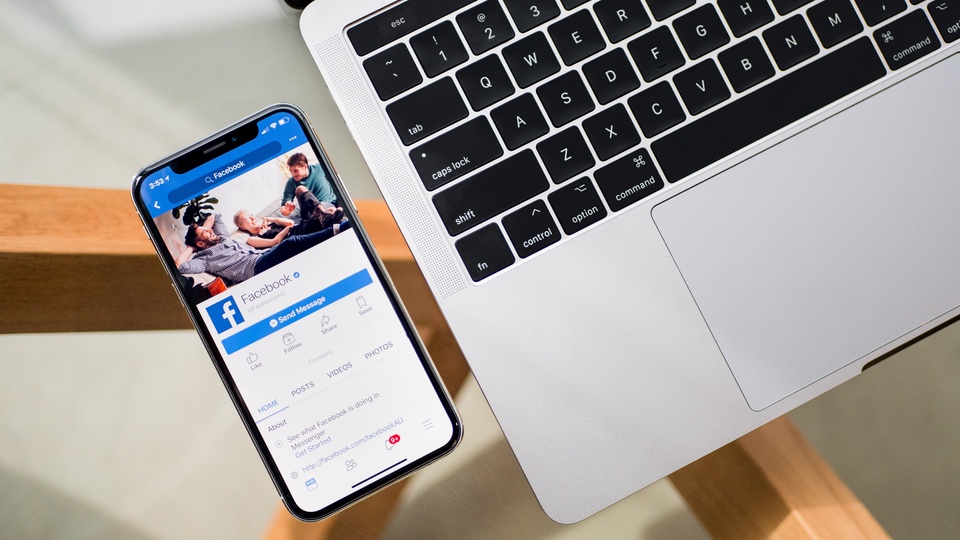How Millennials Use Facebook

For years now, millennials have been declaring that Facebook is “dead.”
Parents, employers, and older family members using the site have dampened some younger users’ experiences, forcing them to turn to newer platforms like Instagram and Snapchat.
Of course, Instagram’s and Snapchat’s popularity cannot solely be attributed to millennials running from their parents on social media; the platforms offer a wildly different experience than Facebook and can be used in conjunction with Facebook.
In February, Sonali Seth, a sophomore at University of Southern California published her commentary about the benefits of Snapchat over Facebook on CNBC. Seth argues, “While Facebook’s marketing to expand beyond young people may have increased the breadth of their user base, it has come at the expense of the image of Facebook and THE social network for millennials.”
It appears that THE new social network for millennials is Snapchat, at least in Seth’s mind. So what does this mean for hospitality marketers?
They can advertise on Snapchat to reach millennials. They can also cultivate Instagram feeds that show off their hotels, inviting guests to explore their properties through their smartphones. Whatever they do, hoteliers should not completely abandon Facebook because millennials are in fact still active on the site.
Even Seth admits that 87% of online adults between the ages of 18 and 29 are active Facebook users, according to a Pew Research poll. Social networks are not mutually exclusive so a millennial may use Snapchat to send funny photos and videos to friends, post their favorite artsy photo on Instagram, and discover articles or interact with their friends on Facebook all in one day. Just because Snapchat and Instagram are wildly popular at the moment does not mean that millennials have completely given up on Facebook.
What is important for hospitality marketers to remember is that millennials use Facebook differently than older users. Ann Handley observes that millennials are less active on Facebook publicly, but tend to “lurk” on the site, consuming content such as articles and videos and posting in groups that other users cannot necessarily see.
Hotels and resorts blasting out as much content as possible hoping that a few people will respond are unlikely to succeed when marketing to millennials. As Chris Matyszczyk argues, “Millennials, you see, cannot be associated with something with which everyone else is associated. They must have their own thing.”
Hotels looking to attract millennials may find using Snapchat and Instagram beneficial, but they can’t totally abandon Facebook because millennials are still there too.
Interested in Digital Marketing?
Contact Us or give us a call at 978.465.5955

